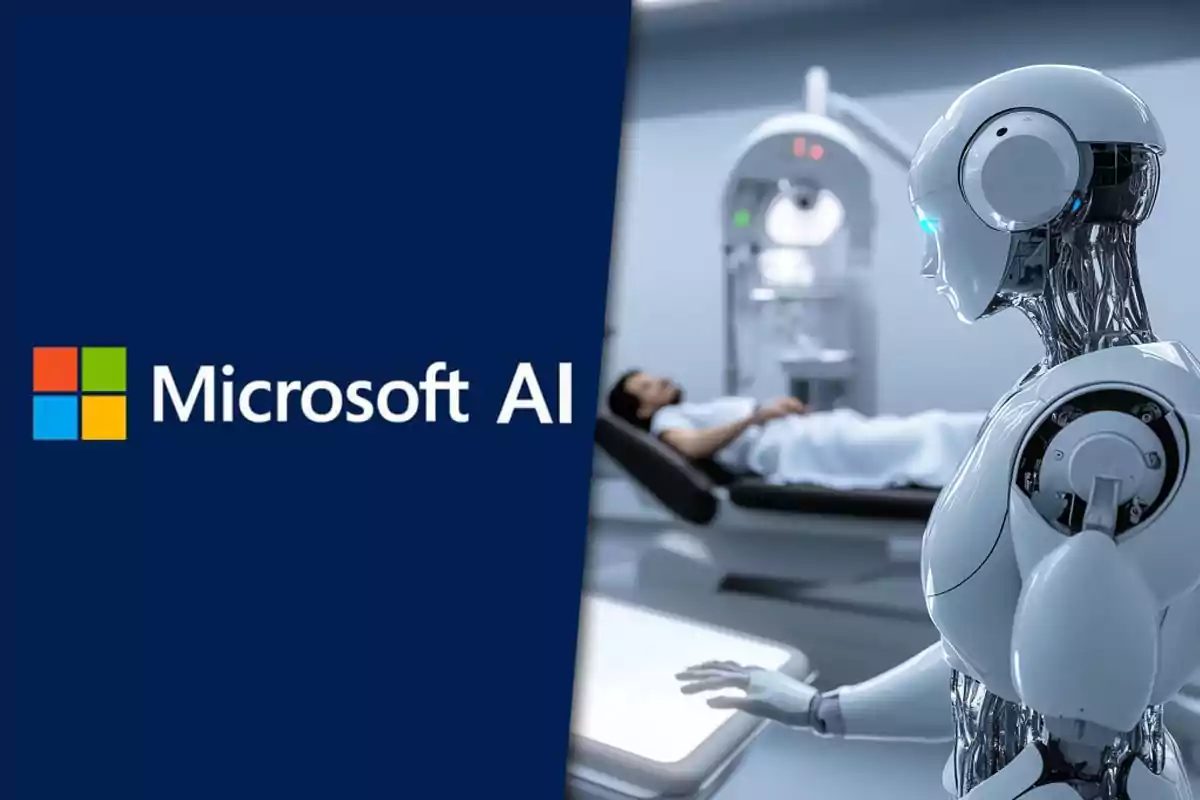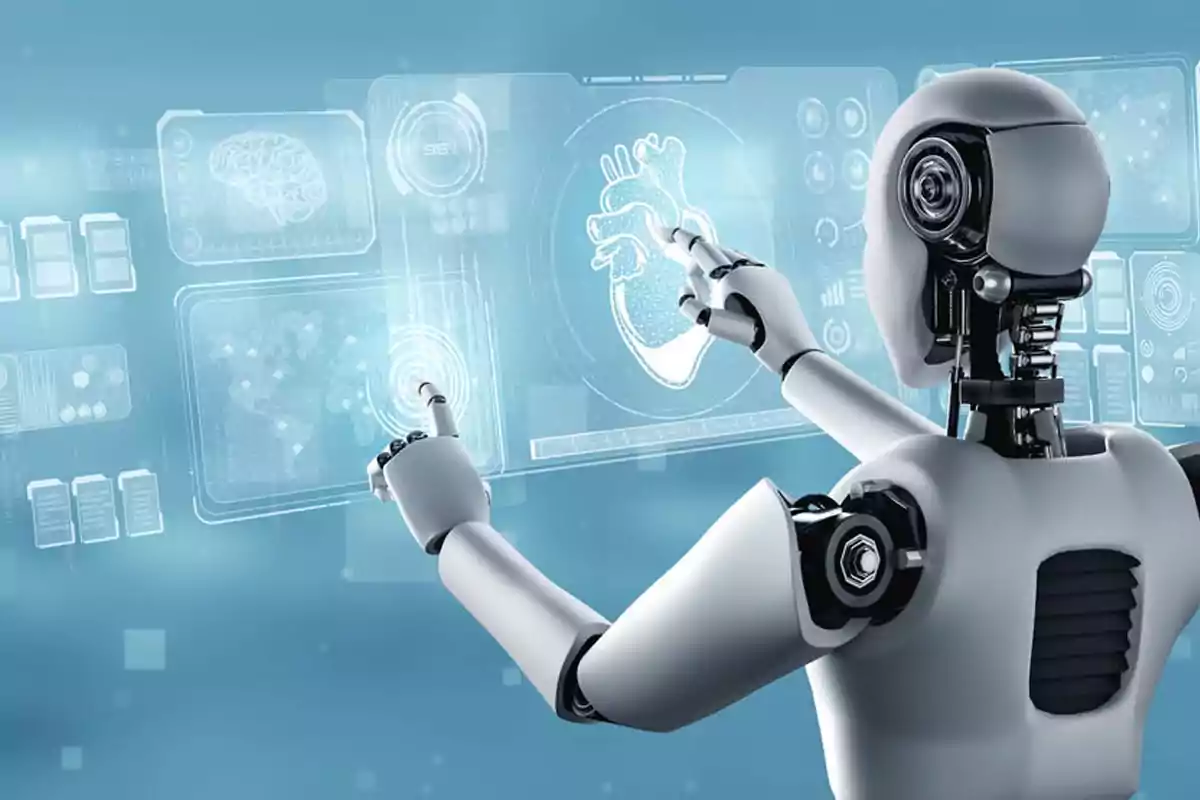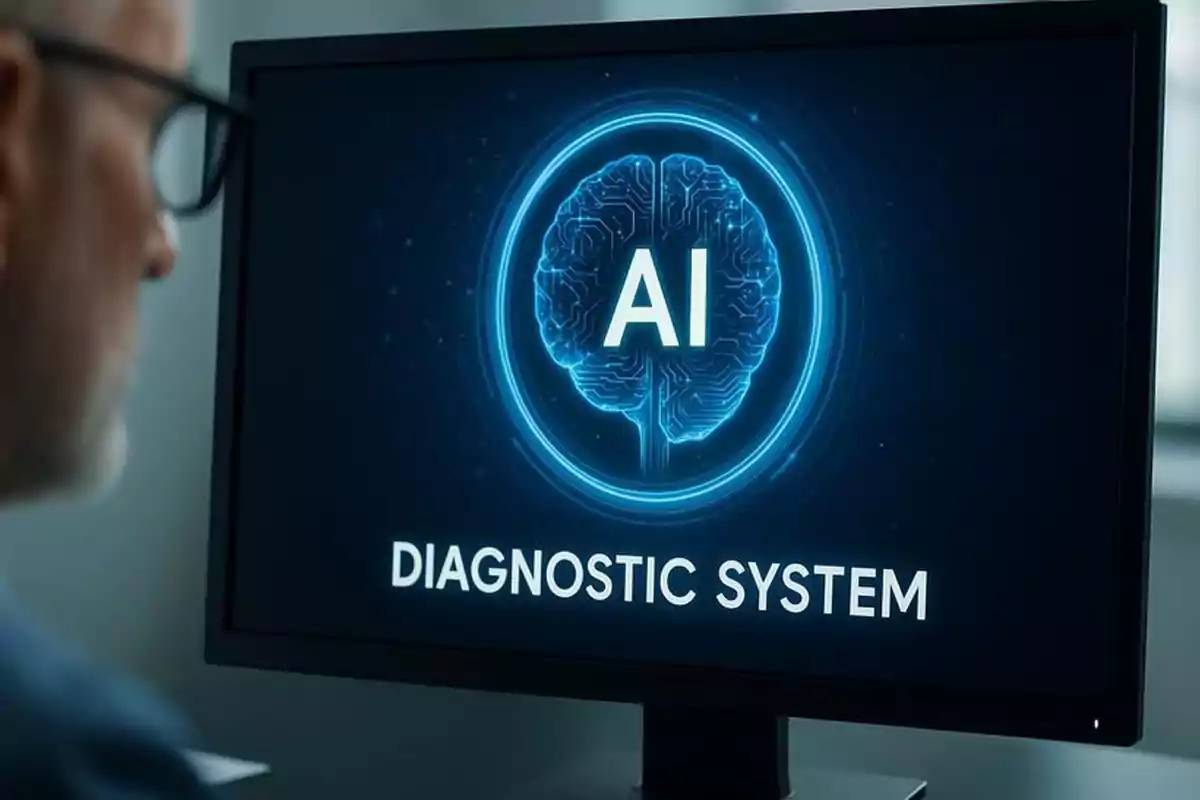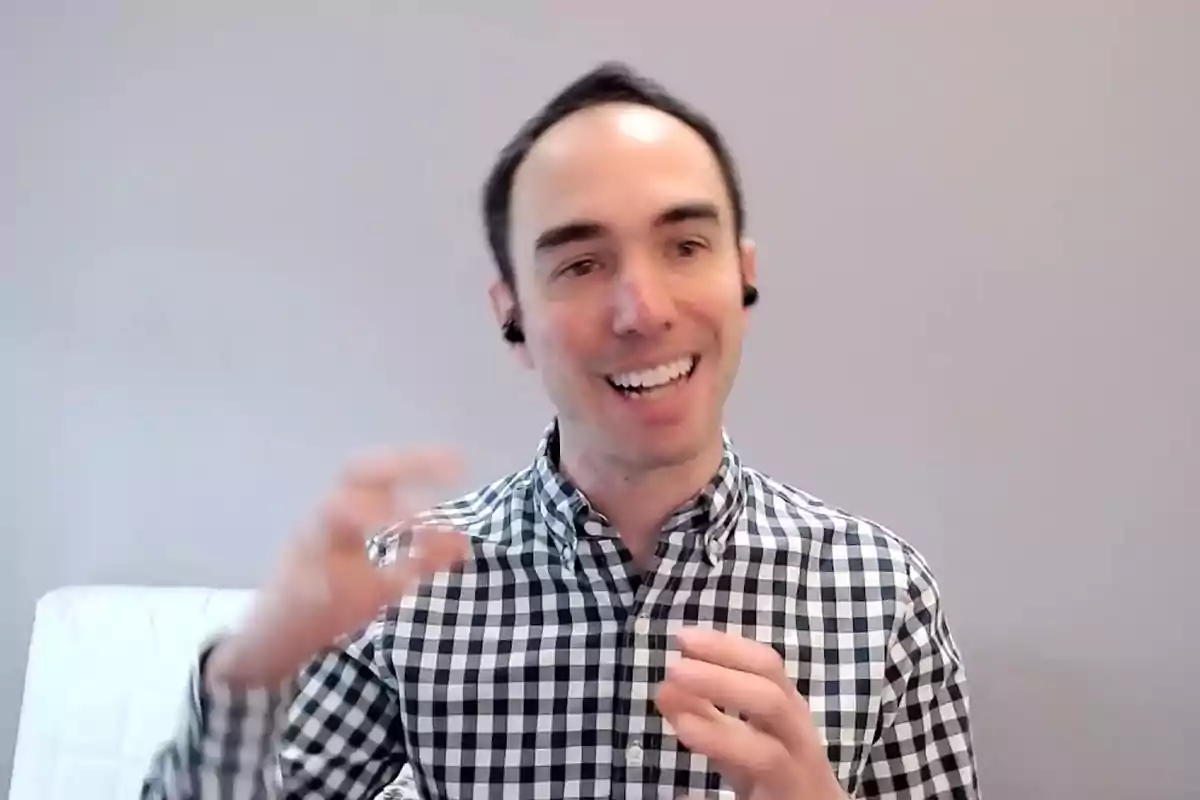
Microsoft unveils an AI that diagnoses four times better than a doctor
Microsoft introduced an AI that diagnoses with 85.5% accuracy and outperforms expert doctors by a factor of four
Microsoft introduced a tool that achieved 85.5% accuracy in diagnosing complex clinical cases. This was possible thanks to the use of GPT-4o from OpenAI and a system of debate between AI agents, which mimics medical reasoning.
The platform, named AI Diagnostic Orchestrator (MAI-DxO), was developed by Mustafa Suleyman's team, co-founder of DeepMind. In the tests, it far surpassed human performance, which reached only a 20% success rate.

How Microsoft's system works
The tool consists of five virtual agents that debate among themselves to reach a diagnosis. Each one analyzes the symptoms, shares hypotheses, and justifies its position until a clinical consensus is achieved.
The model was tested with 304 real cases from the New England Journal of Medicine, one of the leading references in medicine. Microsoft highlighted that performance improves when advanced language models such as those from OpenAI, Google, Meta, or Anthropic are integrated.
A possible paradigm shift in healthcare
Although the company did not confirm its commercial application, the Financial Times reported that AI could be integrated into Copilot and Bing. However, the real impact would be in its use to optimize healthcare systems on a large scale.

In the United States alone, it is estimated that 25% of healthcare spending is unnecessary. According to Suleyman, the key to the future will lie in the value added by the "orchestrator", rather than the power of the individual model.
What do experts say?
The study caused excitement, but also criticism. David Sontag, from MIT, questioned that doctors did not have access to usual tools, which could have affected their performance. Even so, Eric Topol, from the Scripps Research Institute, described it as the most important breakthrough so far in AI-based diagnosis.

With this innovation, Microsoft is fully entering the future of medicine. Everything indicates that human protagonism could begin to be shared with algorithms.
More posts: